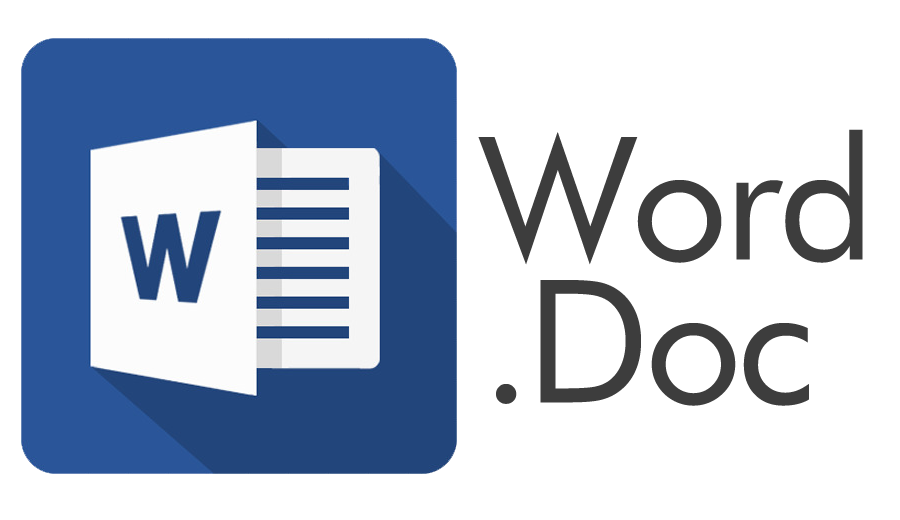Pengaruh Model Pembelajaran Berbasis Masalah Berbantuan Simulasi Virtual Terhadap Penguasaan Konsep dan Kreativitas Fisika Siswa SMAN 2 Mataram
DOI:
10.29303/jpft.v2i3.302Published:
2017-04-22Issue:
Vol. 2 No. 3 (2016): JuliKeywords:
problem based learning, virtual simulation, concept mastery, creativityArticles
Downloads
How to Cite
Downloads
Metrics
Abstract
This research is a quasi-experimental aims to identify the effect of problem-based learning model using virtual simulation media towards the studentsââ¬â¢ concept mastery and creativity in physics. The design of this research used of non-equivalent control group design, while the sampling technique used purposive sampling. The population of this research is all students of grade X SMAN 2 Mataram, while the sampling are the students of grade X-3 as the experimental group and the students of grade X-4 as control group. The data obtained in this research isàdata mastery of concept and creativity. The research hypothesis was tested using t-test polled variances. The test result showed that the N-gain mastery of concepts has increased in each sub material and the highest increase in the sub matter theory of electromagnetic waves. Values of N-gain experimental group in the high category (71%) and control group in the medium category (53%). T-test showed that the model is applied to significant influence on improving studentsââ¬â¢ mastery of concepts and creativity, higher in the experimental group compared with the control group. Increased figural creativity higher than verbal creativity in both classesReferences
Prasetyo, Z.K, Wahyana, Mundilarto, Subiakto, dan Abdullah, A.A. 2004. Materi Pokok Kapita Selekta Pembelajaran Fisika. Jakarta: Universitas Terbuka.
Hikmawati dan Gunada, I.W. 2013. Kajian Fisika SMA. Mataram: FKIP PRESS.
Trianto. 2012. Model Pembelajaran Terpadu. Jakarta: Bumi Aksara.
Arsyad, A. 2011. Media pembelajaran. Jakarta: Rajawali pers.
Munadi, Y. 2010. Media Pembelajaran. Jakarta: Gaung Persada Press.
Listiawati, W, Gunawan, dan Sutrio. 2015. Pengaruh Model Pembelajaran Berbasis Masalah Berbantuan Simulasi Interaktif Terhadap Hasil Belajar Fisika Siswa SMPN 1 Pujut. Jurnal Pendidikan Fisika dan Teknologi. Vol. I No.1, 82-86.
Suyadi. 2013. Strategi Pembelajaran Pendidikan Berkarakter. Bandung: PT Remaja Rosdakarya.
Rusman. 2014. Model-Model Pembelajaran. Jakarta: Rajawali Pers.
Hermansyah, Gunawan dan Herayanti, L. 2015. Pengaruh Penggunaan Laboratorium Virtual Terhadap Penguasaan Konsep dan Kemampuan Berpikir Kreatif Siswa pada Materi Getaran dan Gelombang. Jurnal Pendidikan Fiska dan Teknologi. Vol.I No. 2, 97-102.
Hermawanto, Kusairi, S, dan Wartono. 2013. Pengaruh Blended Learning Terhadap Penguasaan Konsep dan Penalaran Fisika Peserta Didik Kelas X. Jurnal Pendidikan Fiska Indonesia. 9, 67-76.
Kosasih, E. 2014. Strategi Belajar dan Pembelajaran Implementasi Kurikulum 2013. Bandung: Yrama Widya.
Munandar, U. 2012. Pengembangan Kreativitas Anak Berbakat. Jakarta: Rineka Cipta.
Prima, E.C dan Kaniawati, I. 2011. Pengaruh Model Pembelajaran Problem Based Learning dengan Pendekatan Inkuiri untuk Meningkatkan Keterampilan Proses Sains dan Penguasaan Konsep Elastisitas Pada Siswa SMA. Jurnal Pengajaran MIPA. Vol. 16. No.1, 179-184.
Tan, O. S., Teo, C. T., dan Chye, S. 2009. Problem and Creativity. Problem Based Learning and Creativity. Singapore : Cengage Learning Asia.
Magdalena, O, Mulyani S, dan Susansi, E.V.H. 2014. Pengaruh Pembelajaran Model Problem Based Learning dan Inquiry Terhadap Prestasi Belajar Siswa Ditinjau Dari Kreativitas Verbal Pada Materi Hukum Dasar Kimia Pada Siswa SMA. Jurnal Pendidikan Kimia (JPK). Vol.3. No.4, 162-169.
License
Authors who publish with Jurnal Pendidikan Fisika dan Teknologi (JPFT) agree to the following terms:
- Authors retain copyright and grant the journal right of first publication with the work simultaneously licensed under a Creative Commons Attribution License 4.0 International License (CC-BY-SA License). This license allows authors to use all articles, data sets, graphics, and appendices in data mining applications, search engines, web sites, blogs, and other platforms by providing an appropriate reference. The journal allows the author(s) to hold the copyright without restrictions and will retain publishing rights without restrictions.
- Authors are able to enter into separate, additional contractual arrangements for the non-exclusive distribution of the journal's published version of the work (e.g., post it to an institutional repository or publish it in a book), with an acknowledgement of its initial publication in Jurnal Pendidikan Fisika dan Teknologi (JPFT).
- Authors are permitted and encouraged to post their work online (e.g., in institutional repositories or on their website) prior to and during the submission process, as it can lead to productive exchanges, as well as earlier and greater citation of published work (See The Effect of Open Access).









